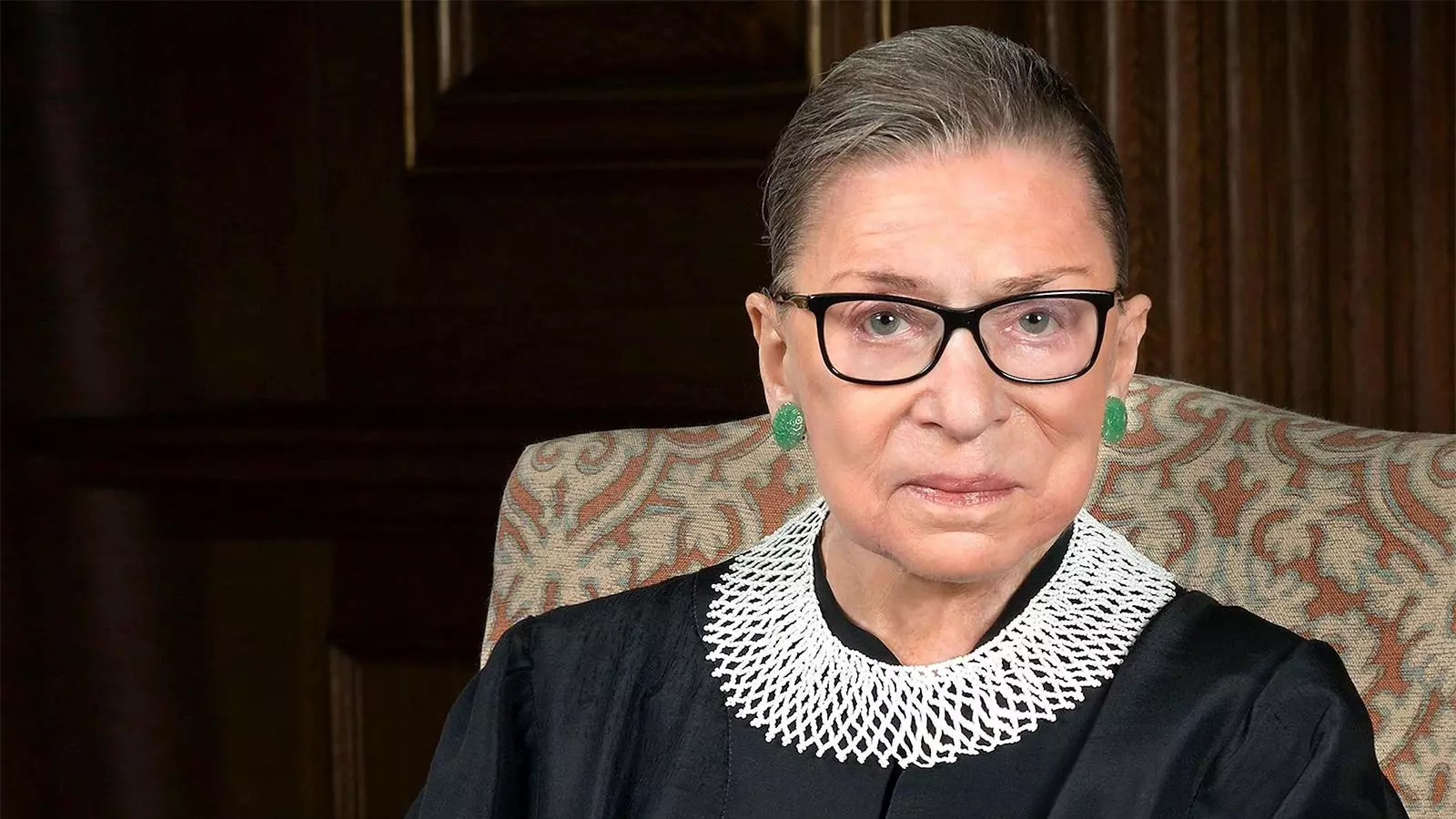In a striking case that underscores the ethical dilemmas prevalent within healthcare settings, Trent Russell, a former transplant coordinator, found himself at the center of a scandal that involved illegally accessing and supposedly disseminating the confidential medical records of the late Supreme Court Justice Ruth Bader Ginsburg. This egregious dereliction of duty culminated in a two-year prison sentence, a decision that ignited discussions on privacy rights, ethical standards, and the implications of misusing sensitive information.
Russell’s actions exhibited a blatant disregard for the sanctity of patient confidentiality, a principle that is fundamental to healthcare practices. His access to vast hospital records across the region should have been approached with a sense of responsibility and respect for the personal data of individuals, regardless of their public status. The two-year prison term, coupled with the conviction for illegal access and the alteration of health records, indicates that the judicial system recognized the severity of his transgressions.
The notion that a healthcare professional would exploit their access to sensitive medical information for idle chatter, particularly on forums marked by speculative and conspiratorial ideologies, amplifies concerns regarding privacy violations in the medical field. It is particularly disconcerting that Ginsburg, a notable figure facing serious health issues, became a target for such reprehensible behavior.
The courtroom narratives surrounding the case provided an insight into Russell’s mindset during the trial. Prosecutors characterized his excuses as dubious and, at times, absurd, culminating in a defense that included a claim that his cat had somehow manipulated computer data to access Ginsburg’s sensitive information. Such claims reflect not only a refusal to acknowledge wrongdoing but also a troubling detachment from reality. This prompted U.S. District Judge Michael Nachmanoff to label the conduct as “truly despicable,” further highlighting the seriousness of lying during investigations and in court.
Prosecutorial arguments regarding the nature of Russell’s actions were compelling; they painted a picture of a man who took advantage of a vulnerable public figure during a heated period of speculation about her condition. This era marked heightened concerns about Ginsburg’s ability to fulfill her judicial responsibilities due to her health, making Russell’s actions even more reprehensible. It brings to light the ethical responsibilities inherent in the healthcare profession, where trust should be paramount.
The ramifications of Russell’s breach are not isolated to the legal consequences he faced; they extend into the broader implications for how society views privacy, particularly for public figures. The debate surrounding Ginsburg’s status as both a revered icon and a victim of Russell’s actions forced a conversation about power dynamics in victimization. Prosecutors argued that her public profile did not negate her victimhood but rather amplified it, as Russell’s actions exploited her vulnerability at a time when her health was already a topic of public concern.
Conversely, the defense suggested that Ginsburg’s position came with a level of power that contradicted narratives of vulnerability. This clash of perspectives implores deeper analysis of how we treat the health information of public figures versus private citizens, raising questions about whether laws governing privacy should adapt to changing societal norms.
Ultimately, the case against Trent Russell serves as a critical reminder of the dire consequences that stem from violations of trust in healthcare settings. The handling of Justice Ginsburg’s health information demonstrated the vulnerability of even the most prominent figures and the potential for the misuse of essential data. As Russell begins his prison sentence, the legal discourse surrounding his actions could pave the way for heightened regulations surrounding data privacy in the healthcare industry, emphasizing the need for stricter oversight and ethical accountability.
This scenario may serve as a wake-up call, prompting discussions on the importance of safeguarding personal health information, thus fortifying public trust in the institutions designed to protect it. The entire episode encapsulates a failure not only on an individual level but raises alarms about the systemic safeguards in place to protect patient confidentiality in an era of increasing digital transparency.


Leave a Reply